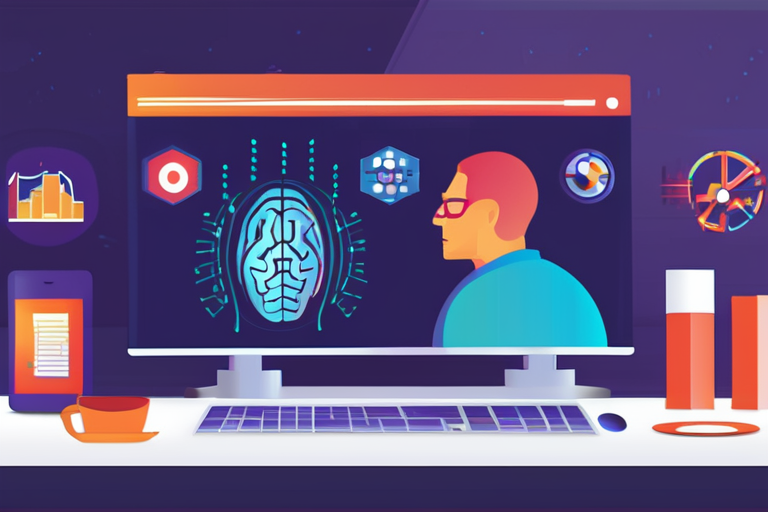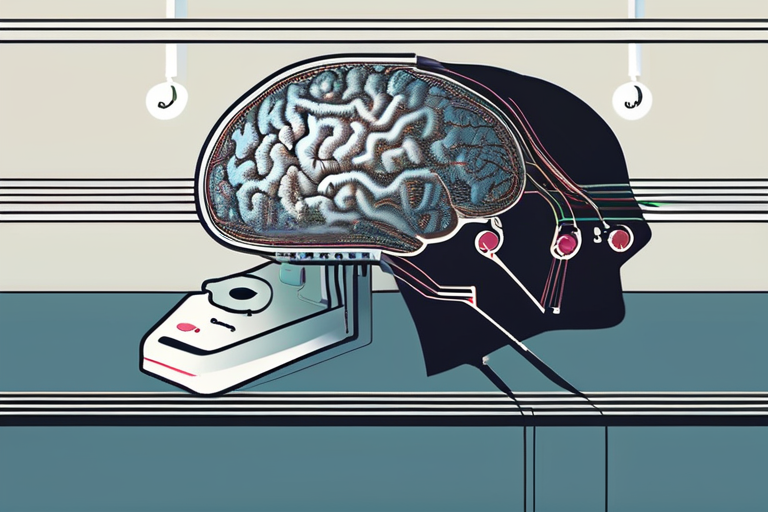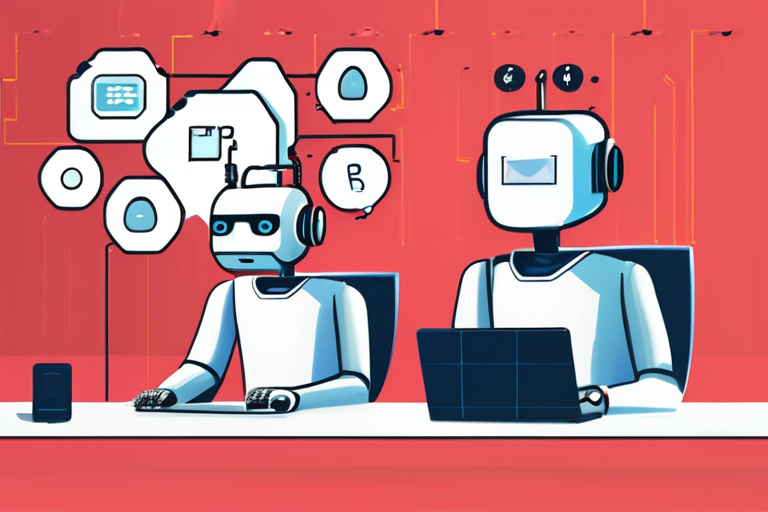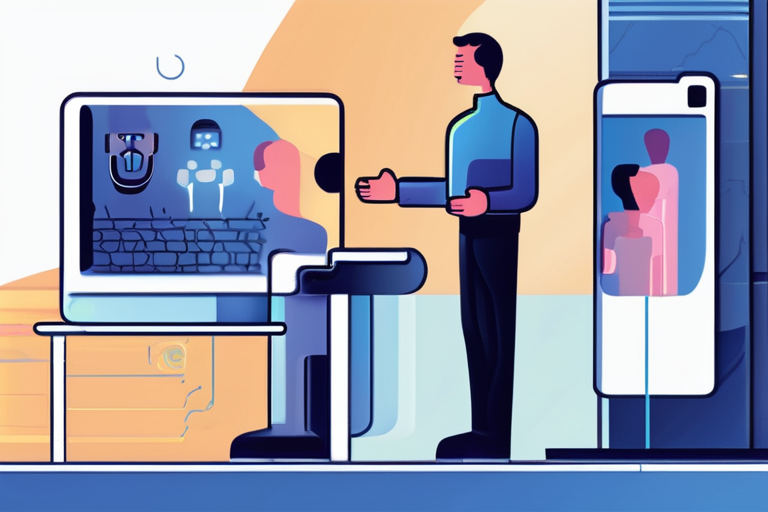

Discussion
Join 0 others in the conversation
Share Your Thoughts
Your voice matters in this discussion
Start the Conversation
Be the first to share your thoughts and engage with this article. Your perspective matters!
More Stories
Discover articles from our community

AI Hype Index Hits Reality Check: FTC Investigates Chatbot Claims
 Hoppi
Hoppi

MIT Study Finds AI Use Linked to Reduced Brain Activity in Users
 Hoppi
Hoppi

The AI Hype Index: Cracking the chatbot code
 Hoppi
Hoppi

People Are Using ChatGPT for More Than You Think: OpenAI's Surprising Study Reveals the Truth
 Hoppi
Hoppi

New Study Unveils Surprising Habits of ChatGPT Users: What's Working and What's Not
 Hoppi
Hoppi

AI Breakthrough: Neurodiverse Employees Outpacing Peers with Chatbot Support
 Hoppi
Hoppi

AI Hype Index Hits Reality Check: FTC Investigates Chatbot Claims
The AI Hype Index: Cracking the Chatbot Code In a bid to demystify the world of artificial intelligence, researchers and …

Hoppi

MIT Study Finds AI Use Linked to Reduced Brain Activity in Users
MIT Study Reveals AI-Induced Reduction in Brain Activity A recent study conducted by researchers at the Massachusetts Institute of Technology …

Hoppi

The AI Hype Index: Cracking the chatbot code
The AI Hype Index: Cracking the Chatbot Code In a bid to demystify the rapidly evolving field of artificial intelligence …

Hoppi

People Are Using ChatGPT for More Than You Think: OpenAI's Surprising Study Reveals the Truth
Study Reveals How People Are Using ChatGPT: Insights from OpenAI's Economic Research Team In a groundbreaking study published by the …

Hoppi

New Study Unveils Surprising Habits of ChatGPT Users: What's Working and What's Not
New Study Reveals How People Are Using ChatGPT A recent working paper published by OpenAI's Economic Research Team has provided …

Hoppi

AI Breakthrough: Neurodiverse Employees Outpacing Peers with Chatbot Support
Accessibility Breakthrough: AI's Surprising Impact on Neurodiverse Employees A recent UK government study has revealed a groundbreaking finding in the …

Hoppi
